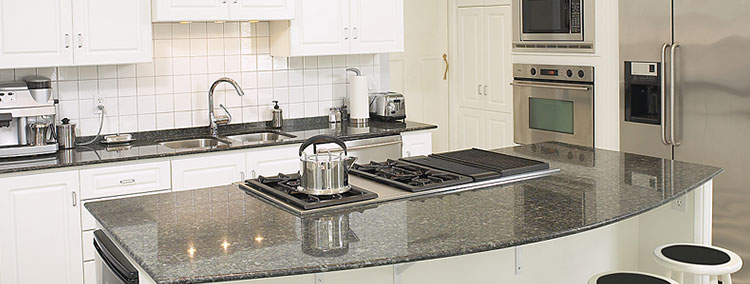
Whether it’s a refrigerator, washing machine, or any other appliance you have in your home, you want it to last for as long as possible, don’t you? The cool thing is that it’s possible to do it. Here are tips given by appliance repair professionals that will ensure that your appliance lasts for as long as possible:
Pay attention to the instruction manual
If you are like other homeowners, you don’t even pay attention to the instruction manual. You look at it once, then throw it in the trash can, don’t you?
Don’t do this for your appliance to last a long time. Besides the manual telling you how to use your appliance properly, it also contains information on how to use it correctly so that it lasts for a long time.
You should regularly refer to the manual to know how to keep it in top shape.
Don’t overload the appliance.
Whether it’s the washing machine, refrigerator, dishwasher, dryer, or any other machine, you should never overload it.
You might have the impression that stocking more items in an appliance will save you time and money, but this isn’t the case in most cases.
When you put more clothes in the washing machine, the machine doesn’t run the cleaning cycle as well as it should, resulting in some of the clothes being dirty. As you can guess, this forces you to repeat the cleaning.
The same thing applies to the refrigerator. When you stock too much food there, you prevent the effective flow of cold air, which leads to some of the food getting spoilt, which, as you can guess, is costly.
Put only the required items in your appliances to stay on the safe side. Never overload them.
Keep the appliances clean.
Clean appliances are beautiful to look at and last for a long time, so you should strive to keep your appliance clean at all times.
The beauty is that you don’t need to use specialized cleaning materials—the good old soap and water is often enough.
To have an easy time, clean your appliances immediately after using them, then at least one thorough cleaning, once a week.
If there are hard-to-remove stains, remove them using vinegar or other tough material.
As you clean the appliances, pay close attention to the smells and ensure that you remove them.
Repair the appliances
Even the best-maintained appliance will break down at a certain time. When this happens, you should move with haste and fix it before the problem worsens.
Some homeowners ignore minor issues with their appliances, which is dangerous as these issues worsen over time and become hard to handle.
To stay on the safe side, fix even the smallest problem as soon as you notice it—don’t let it sit, hoping it will go away.
For peace of mind, ensure that the repair work is done by an expert that knows what they are doing.
As the contractor repairs the appliance, they also should inspect the unit for any other issues it might be having and fix them.
Use the right accessories.
Every appliance comes with its requirements and specifications. For example, a juicer should have the correct juicer attachments for it to function at an optimum level. The same thing applies to the sandwich toaster. To properly cook the bread, you must place it in the right slot.
For your appliance to last for long, you need to use the right accessories. This means that the manufacturer should recommend the power appliances, replacement parts, and other accessories.
Don’t mishandle your appliance.
The same way you don’t mishandle your car is the same way you shouldn’t mishandle your appliances. This means that you shouldn’t bang your refrigerator door. You also shouldn’t close the washer door with your leg.
Sometimes you will find that you can’t close your washing machine as well as you used to. If this happens, don’t force the door to close. You should realize that this happens when you have a problem, and you should find the source instead of forcing the door to close.
If you have encountered a similar problem before, you should try to fix the issue, but if the problem is new, let an experienced appliance repair professional help you.
The post appeared first on Express Appliance Repair